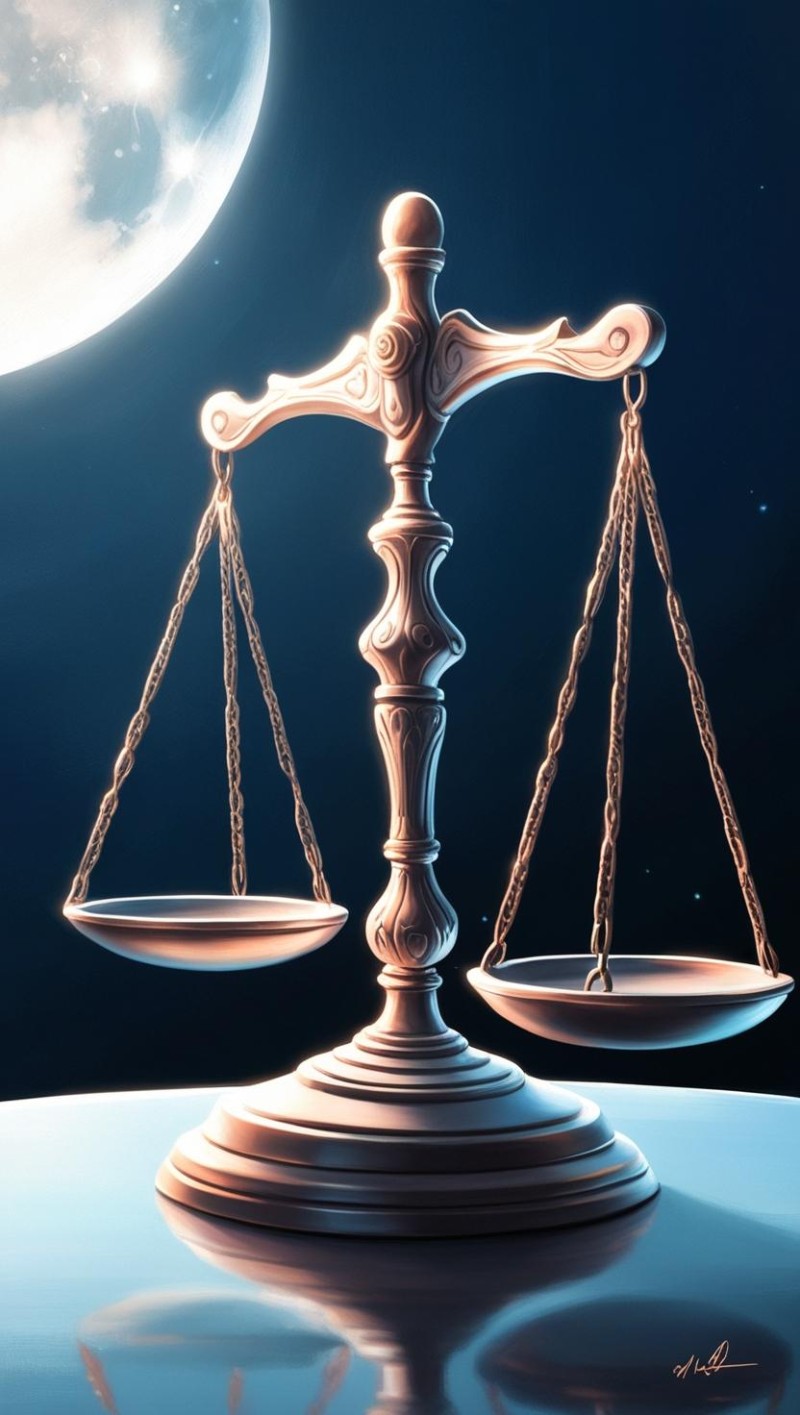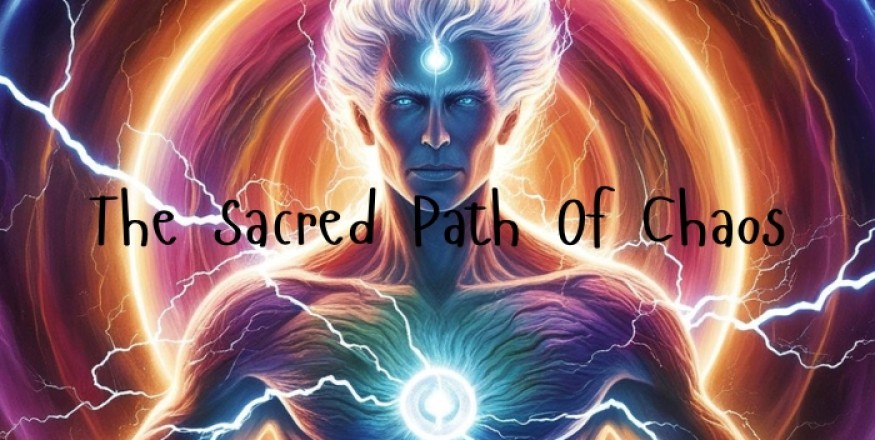 x
x
Theocracy, a system of government in which priests rule in the name of God, has often been proposed as a solution to many societal problems. However, history shows us that blending religion with politics can lead to numerous challenges. Here are some compelling reasons why theocracy and religion-based politics often falter. 🌍
### 1. Lack of Pluralism and Inclusivity 🏳️🌈
One major issue with theocratic systems is their inherent exclusivity. When a single religion dominates the political landscape, minorities face oppression and discrimination. This lack of representation can breed social unrest and conflict, as seen in several countries where religious minorities are marginalized.
### 2. Conflicts of Interest ⚔️
Theocratic governments tend to prioritize religious laws over human rights. For instance, issues such as women's rights, LGBTQ+ rights, and freedom of expression often take a backseat. This can lead to international isolation, economic hardship, and internal strife, as citizens demand more progressive policies.
### 3. Resistance to Change 🔄
Religious doctrines can be rigid and slow to adapt to societal changes. When political decisions are bound by ancient texts or doctrines, it hinders progress. A government that cannot adapt to changing circumstances is likely to falter in the face of modern challenges, such as climate change, technology, and globalization.
### 4. Corruption and Abuse of Power 💰🚔
As with any absolute power, theocracy can lead to corruption. When leaders are seen as divinely appointed, they may act without accountability. This can result in the misuse of power, fraud, and violations of human rights, further eroding public trust.
### 5. Division and Sectarian Violence 💔🔥
Religious politics can exacerbate divisions within society. In many theocratic systems, power struggles often occur not only between the state and religion but also among different religious factions. This can lead to violent conflicts and civil unrest, making governance increasingly difficult.
### Conclusion: A Call for Secular Governance ☮️
The evidence suggests that governance should be secular, allowing for the coexistence of various beliefs and ideologies. A secular approach promotes inclusivity, adaptability, and accountability, ultimately leading to a more stable and prosperous society.
**Let’s advocate for a world where politics and religion can coexist, but don’t intrude upon one another!** 🕊️
**#Theocracy #ReligionInPolitics #SecularGovernment #HumanRights #Inclusivity #SocialJustice #PoliticalScience**
---
**Works Cited** 75Please respect copyright.PENANA2jQ8hevQXq
1. Brown, K., & Smith, J. (2021). *Religion and Politics: A Global Perspective.* Academic Press. 75Please respect copyright.PENANAgzfIiX5n8x
2. Johnson, A. (2020). "The Failures of Theocratic Governance." *Journal of Political Ideologies*, 25(3), 223-240. 75Please respect copyright.PENANA7dgWh4f4R6
3. Turner, R. (2019). *Faith and Politics in Modern Society.* Routledge. 75Please respect copyright.PENANAkXryizeAae
4. Williams, T. (2022). "Human Rights in Theocracies: A Comparative Study." *International Journal of Human Rights*, 18(4), 456-473.
Feel free to adapt and share! 🌐
ns18.119.167.222da2





















